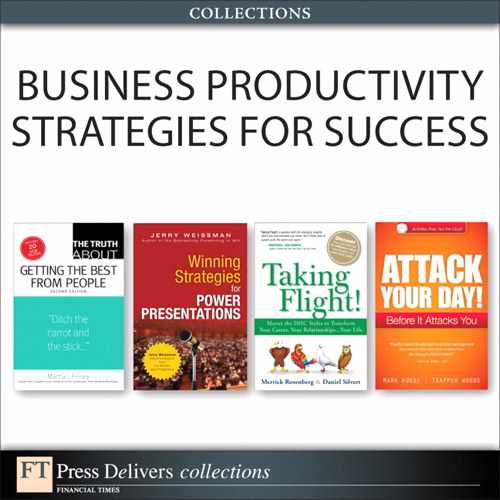Truth 16. Employee happiness is serious business
Is it really your job as a manager to worry about whether employees are happy? No, not if you care only about bodies showing up and just pushing buttons and levers all day without any special thought about quality or safety. In that case, their happiness is irrelevant (to you). If your high turnover is acceptable, employee happiness isn’t essential. If you can tolerate vandalism or workplace violence, go ahead and skip this truth.
Let’s say, however, you’d prefer a workplace where people get along, voluntarily help each other, think independently and creatively, take safety practices personally, show up dependably, and take pride in the company they work for. In that case, employee happiness is essential. Employee happiness isn’t a nice-to-do. It’s a must-do. Here’s why.
Barbara Fredrickson, University of North Carolina professor of psychology, has shown that emotions associated with happiness actually expand a person’s ability to respond positively to stresses of everyday life. Negative emotions, in contrast, narrow a person’s “thought-action repertoire” to one simple thought: “Gee, I’d like to survive this bad moment” and the accompanying action, which is to skedaddle (or preempt anticipated violence with real violence of one’s own). But positive emotions offer what Fredrickson calls the broaden-and-build ability to think creatively and use a variety of resources to cope with the moment.
Employee happiness isn’t a nice-to-do. It’s a must-do.
Suppose, for instance, that an employee is facing down a mountain lion (or has spotted you heading straight for her cubicle). She first must decide what her chances of surviving this encounter are going to be. If she’s steeped in negative emotions, there’s going to be only one set of responses, gathered under the general category of run (or fight) for your life! If her emotions are generally positive, she might say instead, “I just love this job. The report’s already on your desk. Let’s grab some coffee so we can talk about opening that new market I was telling you about.” Happiness expands your employees’ options.
Fredrickson identifies three general categories of emotional states that spark happiness. Even though they’re typically personal, they also have a direct impact on the workplace:
• Joy. We experience joy when we’re feeling safe and that we’re moving closer to our goals. Joy prompts us to feel playful and experiment with new ideas and skills. Joy also encourages us to be more social, which in turn helps us build healthy relationships. Joy makes us physically, intellectually, and socially more powerful to contribute to the world around us.
Happiness expands your employees’ options.
• Interest. Interest sparks curiosity, wonder, excitement, intrinsic motivation, and “flow” that sense of being thoroughly absorbed in a pleasurable activity. It also prompts people to build their resources simply because they, well, are interested enough to want to. People then know more and can do more.
• Contentment. In addition to being a sense of serenity or relief, this is also, Fredrickson says, the secure feeling of being accepted and cared for by others. Contentment allows individuals to appreciate the moment and feel connected with the people and world around them. Contentment also gives people the chance to reflect on a recent experience and integrate the resulting new growth into their personalities and view of the world around them (including their job). It allows for more development, more understanding, and more personal resources to positively take on the next challenge that awaits them.
Being responsible for your employees’ happiness isn’t about creating a line item in the budget of unlimited miniature golf or a free-flowing chocolate fountain. It’s about creating a workplace culture that allows your people to sustain a positive and flexible attitude about themselves, their coworkers, and the work they’re doing. When you’re able to offer an environment that encourages optimism, challenge, and the time to process the learning that comes from every experience good or bad, you’ll have a team that works together well. It will be one that is innovative rather than defensive, driven by the positive meaning behind the work it does, and one that cares about each other’s well-being and safety.
